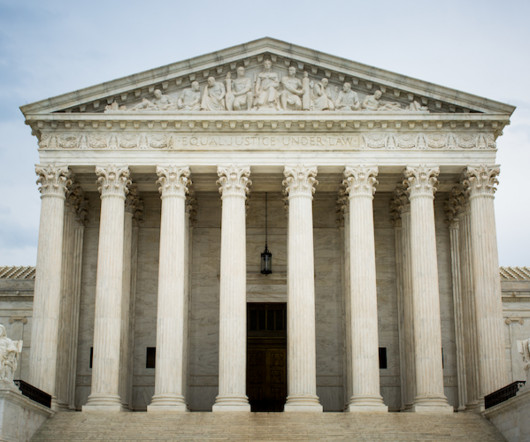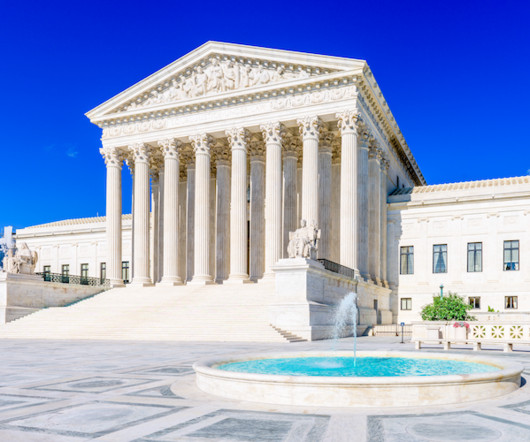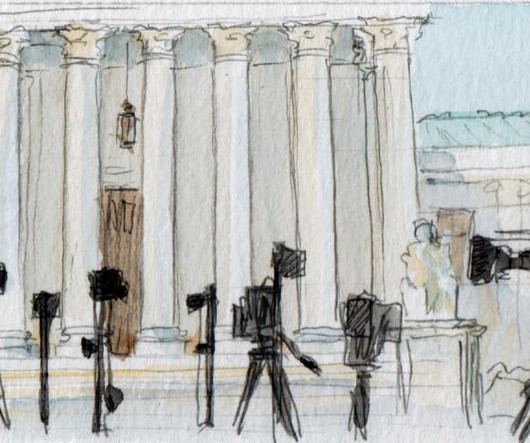Supreme Court Rules Federal Agencies Can Be Sued Under Fair Credit Reporting Act
Constitutional Law Reporter
FEBRUARY 28, 2024
Supreme Court held that a consumer may sue a federal agency under 15 U.S.C. §§ 1681n and 1681o for failing to comply with the terms of the Fair Credit Reporting Act (FCRA). While the District Court sided with the USDA, the Third Circuit Court of Appeals reversed. Kirtz , 601 U.S. _ (2024), the U.S. government.





















Let's personalize your content